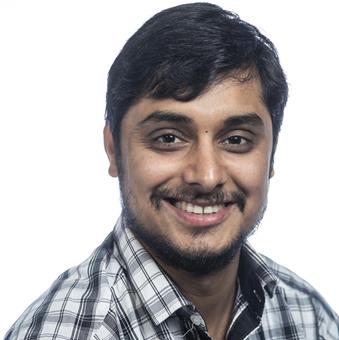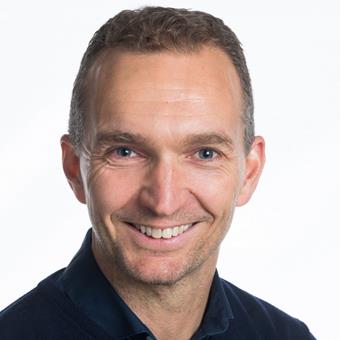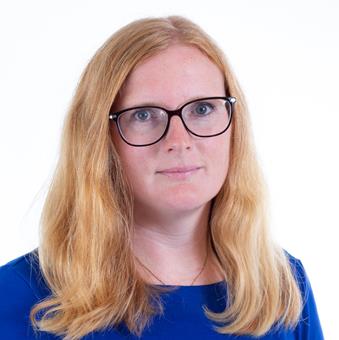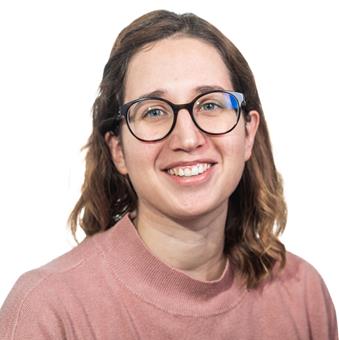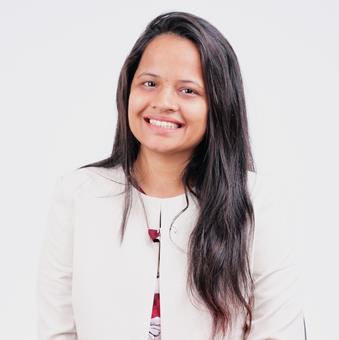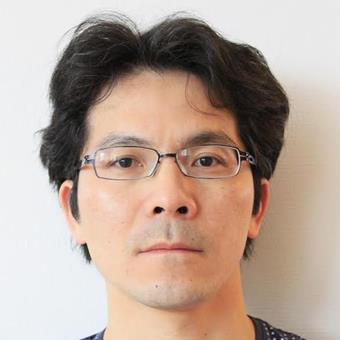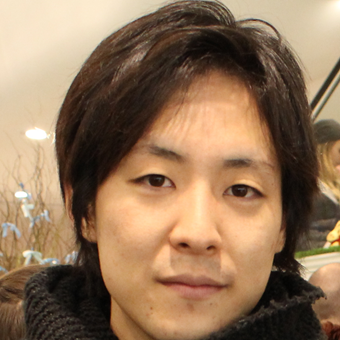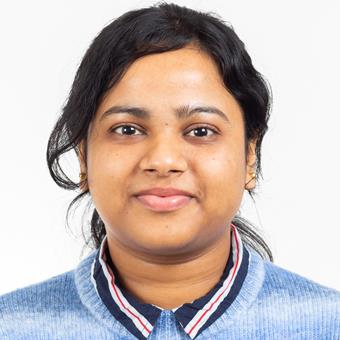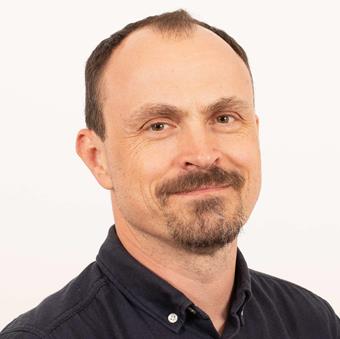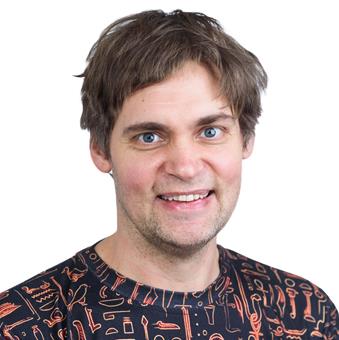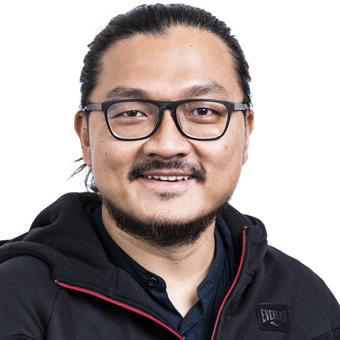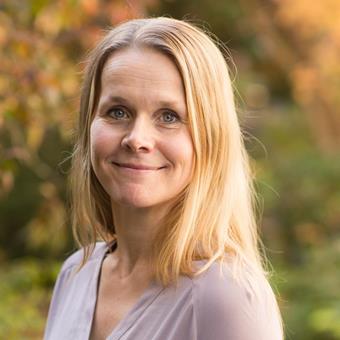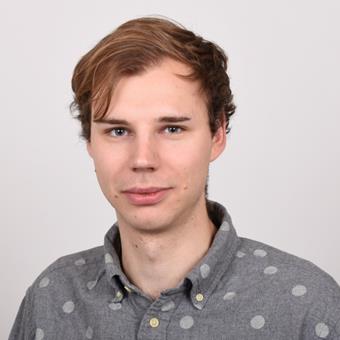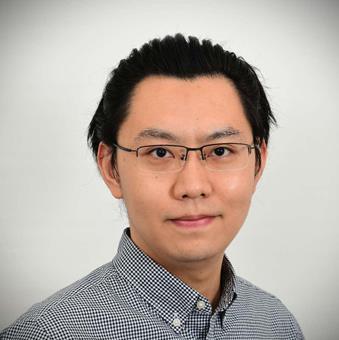Materials are the key components in all human-made creations; we find exclusively derived and designed materials in technology, constructions, medicine, and more – they are everywhere! However, the processing and use of materials contributes to resource depletion and climate change.
The great task of our generation is thus to provide for a sustainable societal transition, a task that has been formulated in the Horizon 2023 agenda of the European Union. One approach to transition to a sustainable society is captured under the metaphor Circular Economy, an economy which, in contrast to the current linear take-make-dispose economy, builds on principles of closed production and consumptions systems with an intelligent use of material design and material waste. Novel materials and responsible processing are important cornerstones to combat a polluted environment, energy inefficient processes and escalating climate change, now and in the future.
MATTER aims to support research endeavors and education on material science for sustainable technologies.
Research
There is a pressing market and societal need for accelerated sustainable materials development with scalable production methods, bridging the gap between fundamental science investigations on advanced materials to industrial implementation. This requires cross-faculty, multidisciplinary research with complementary expertise from physics, chemistry, engineering, AI, circularity, industry and more. LiU is at the forefront of materials research (counting more than 500 scientists), and MATTER engages researchers from four TekFak departments at Linköping University into cross-disciplinary, translational research to foster radically new sustainable technologies. In addition to supporting materials development through sustainable synthesis and manufacturing methods, we introduce tools for materials innovations developed in liaison with AI-based methods for predictive theoretical modelling and advanced in situ and in operando characterization of materials.
To support researchers in their endeavors, several calls are available for advancing materials and technologies, creating demonstrators or to enhance the current research infrastructure.
Education
MATTER intends to inspire and educate the current and next generation of researchers on the many different aspects of materials science for circular technologies. MATTER will offer relevant courses at all levels, from undergraduate to academic staff, as well as organize research visits for high school students to the labs at Campus Valla and Campus Norrköping. More information on this topic will follow soon.




